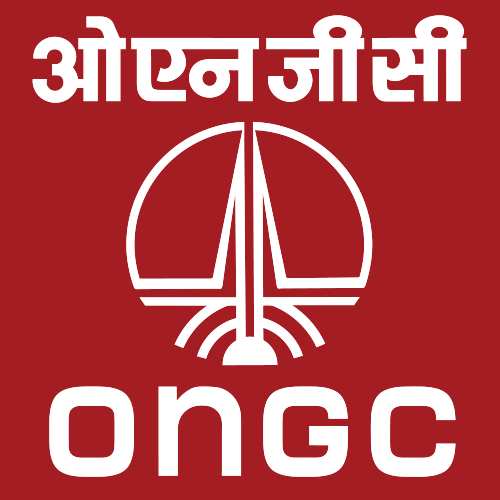 Why it is a bad idea to begin with…
Why it is a bad idea to begin with…
The government recently came up with an idea to impose a special cess on ONGC when the global Brent Crude prices cross $70/bbl. The logic is that higher crude prices mean higher profits for oil extractors like ONGC and so they should subsidize the customers for petrol and diesel. While this is understandable in the light of the petrol and diesel prices being hiked 12 times in the last 12 days, there is a fundamental flaw in this argument. Here is why…
ONGC is stressed, already…
At some point the government needs to realize that ONGC is a public limited company with public shareholders. Hence, decisions have to be in sync with the larger interests of the shareholders. If the sharp fall in the price of ONGC was any indication, then markets were really upset with the government decision to impose the cess. It is all the more unfair for two more reasons. Firstly, ONGC has been undertaking massive capital expenditure to expand its footprint in India and abroad. To put this kind of a cess on a company will be unfair and destroy value for shareholders. From both the perspectives, it is not a good idea. Secondly, ONGC is already bailing out the government in its divestment program. It will be sinking more than $5 billion to buy out the government’s stake in the HPCL and that is going to compel ONGC to borrow heavily. The cess only adds to ONGC’s problem!
Another oil subsidy scheme…
When the government disbanded the diesel subsidy scheme and put it under free pricing, the move was well appreciated. It also resulted in stocks like HPCL and BPCL turning into star performers in the market. But the ONGC cess is almost similar wherein the downstream companies were forced to take the burden of higher oil prices and were issued bonds against that. The government has been lucky that oil prices have been down through most of its tenure and that has helped them to enhance revenues via excise on petrol and diesel. The cost of refined petrol is just Rs.36/liter but it retails at Rs.85/liter in Mumbai. There is just no point in bringing back the subsidy to postpone the liability.
GST could be the answer…
Downstream and upstream companies are already calling for shifting petrol and diesel to GST. This will ensure a stable taxation policy and will also result in a more equitable sharing of revenues between the centre and the states. Actually, that could be the answer. There was no logic to keeping petrol and diesel out of the ambit of GST, except to give more leeway to the centre and states to tax oil. That is defeating the entire purpose of GST. A fixed GST rate will be the answer. This constant tug-of-war between politics and economics will not help!



